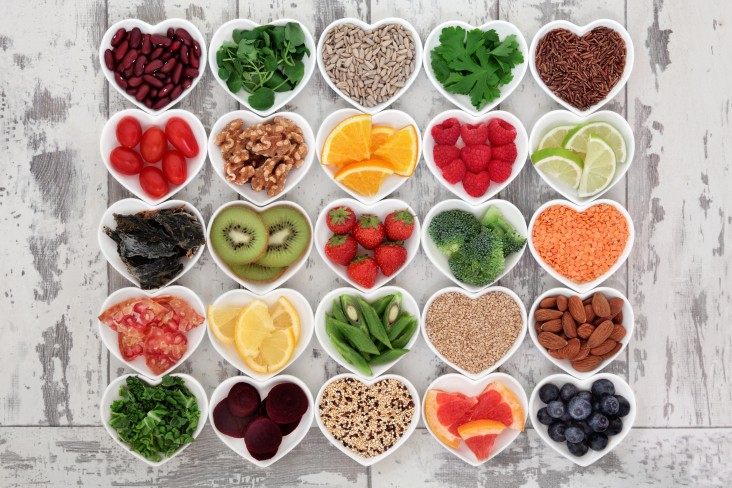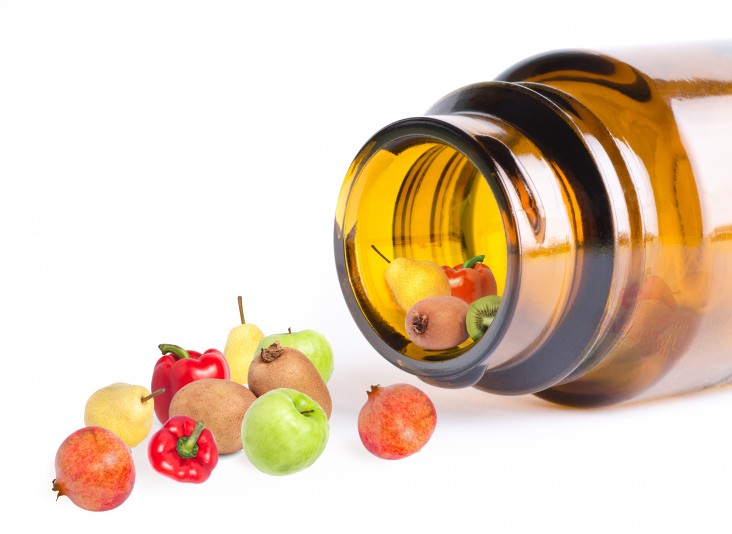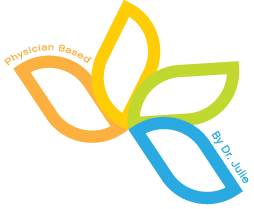I recently saw a patient in my clinic who had just gotten her liver ultrasound result and was found to have fatty liver. She wanted to know the implications of that, and whether she was going to get cirrhosis and liver cancer.
In my medical career, I have seen countless numbers of patients with “fatty liver” and they are always wondering what that means. I think it is time for the benefit of my patients and all of you reading this article to address this question of what does fatty liver really mean, and what are its health implications.
For those patients who have been diagnosed with non-alcoholic fatty liver disease, it is the leading cause of chronic liver disease in the United States and other Western countries. This non-specific title includes steatosis, non-alcoholic steatohepatitis, fibrosis and cirrhosis. Although chronic inflammation of the liver can lead to liver cancer and is frequently associated with cardiovascular disease risk factors, we’re not completely sure what its overall long term implications on health are, with or without elevated liver enzyme findings.
Fatty liver is frequently associated with high cholesterol, diabetes and obesity; therefore, it is difficult to say whether increased mortality and morbidity is associated with these diseases or the fatty liver itself.
In a recent prospective cohort study by Lazo, et al. published in Nov. 2011, in the British Medical Journal, researchers attempted to address this issue. They used the data from the U.S. Third National Health and Nutrition Examination Survey results from 1988-1994 with follow-up mortality data up until 2006 for this study. In the 11,371 adults aged 20-74 with fatty liver, the study looked for mortality of all causes including cardiovascular disease, cancer, and liver disease up to the 18 years of follow-up.
They found that people with non-alcoholic fatty liver were more likely to be older, men, Mexican-American, less educated, sedentary, obese, with a high waist circumference, diabetes, hypercholesterolemia, hypertension, history of cardiovascular disease, higher hemoglobin A1C levels, insulin resistance, hypertriglyceridemia, high density lipoprotein cholesterol ratio and elevated liver enzymes. They also seemed less likely to be current smokers and have low to moderate alcohol consumption.
This doesn’t mean that you should start smoking or drinking more alcohol. It just means that those with non-alcoholic fatty liver people don’t drink a lot or smoke a lot. That might mean that those with alcohol-associated liver disease tend to smoke more and drink more, so this does not by any means condone smoking or excessive alcohol intake.
The finding from this study showed that after accounting for the socio-demographic characteristics, lifestyle risk factors, and other medical conditions, the fact of having non-alcoholic fatty liver alone by itself was not associated with increased risk of death.
What’s interesting about this study is that there are significant and frequent findings on ultrasound of fatty liver and patients are always asking what that means. Now, we know that the fact that they have non-alcoholic fatty liver does not mean they have higher risk of death just based on that one factor. However, it does tell us that they likely have the fatty liver because they have one of the other confounding factors that could lead to increased death and disease.
As we can see from this study, non-alcoholic fatty liver is usually associated with other concerning health issues that do in fact place a person at higher risk for mortality and morbidity. So, despite the comforting information we now have that non-alcoholic fatty liver itself is unlikely to lead to increased mortality, the reason why you have the fatty liver, however, may still put you at risk for increased mortality and morbidity.
So, what are the take home points from this study?
When you see that “fatty liver” diagnosis on your ultrasound report, see it as an indication that you need to make sure your cholesterol and sugar levels are alright and that you keep your weight and lifestyle as healthy as possible. You should also try to avoid alcohol, smoking and any medications or herbs that may stress your liver in order to keep your liver function healthy.
You may want to see the “fatty liver” diagnosis as a wake-up call or a signal from your body to you that something negative is brewing in your body and that you should change your lifestyle towards more of an anti-inflammatory lifestyle that includes an anti-inflammatory diet, regular sleep and exercise, decreasing stress and avoiding toxins like cigarettes and excessive alcohol.
Take those steps toward healthy living with implementation of regular periods of rest and relaxation throughout your day to decrease the inflammatory effect of long term stress on the body and practice mindful eating and effective exercising.
Seek help from nutritionists, your doctor, therapists and personal trainers. This is not a time to be shy. See the diagnosis as a warning sign. When I see my patients take positive control of their health, I am always pleasantly surprised at how quickly their bodies display their tremendous ability to heal and improve upon themselves.
Reference:
Lazo, et al. Non-alcoholic fatty liver disease and mortality among US adults: prospective cohort study. British Medical Journal. 18 November 2011. 343. d6891.
Article posted in Huffington Post








